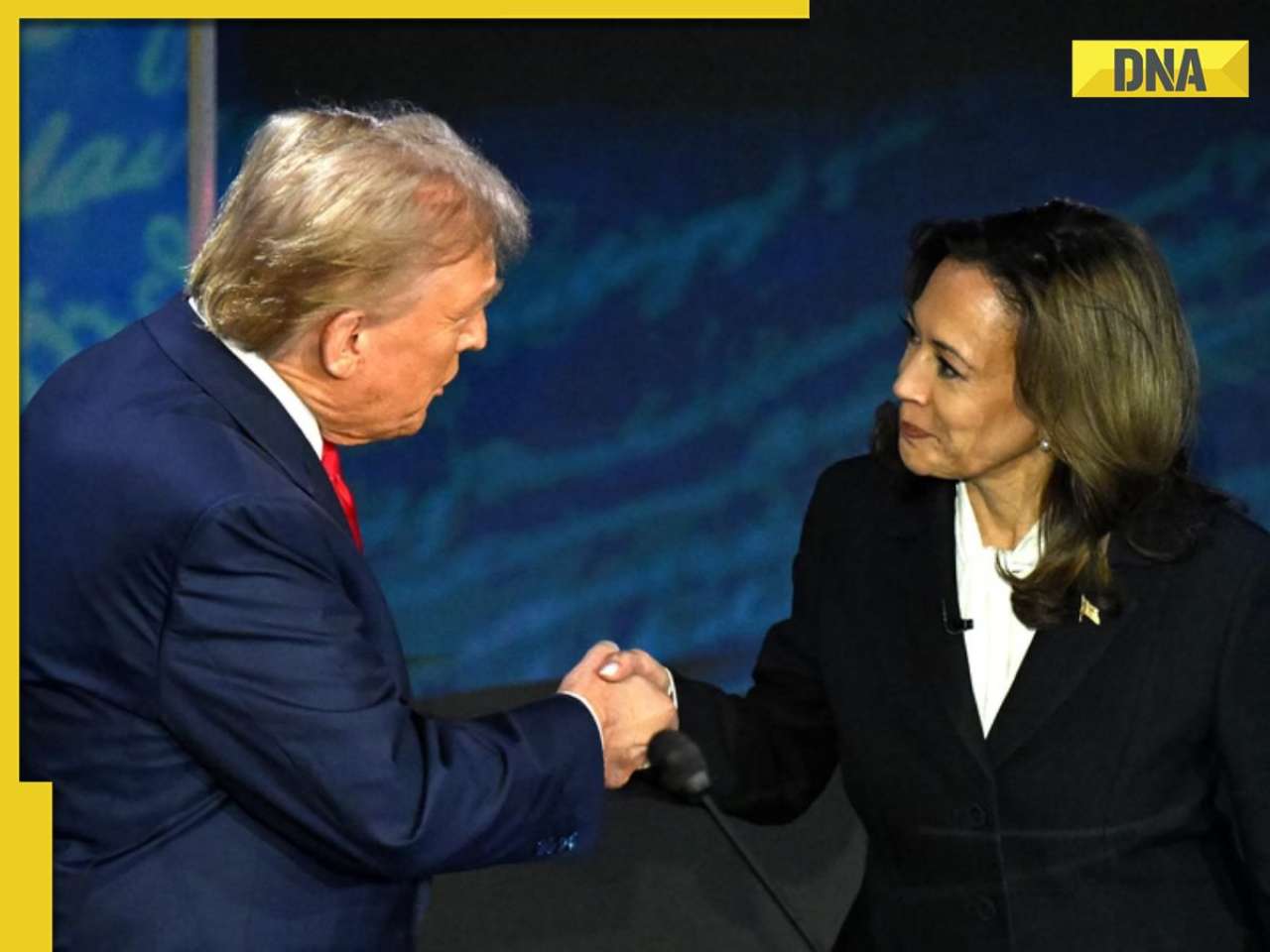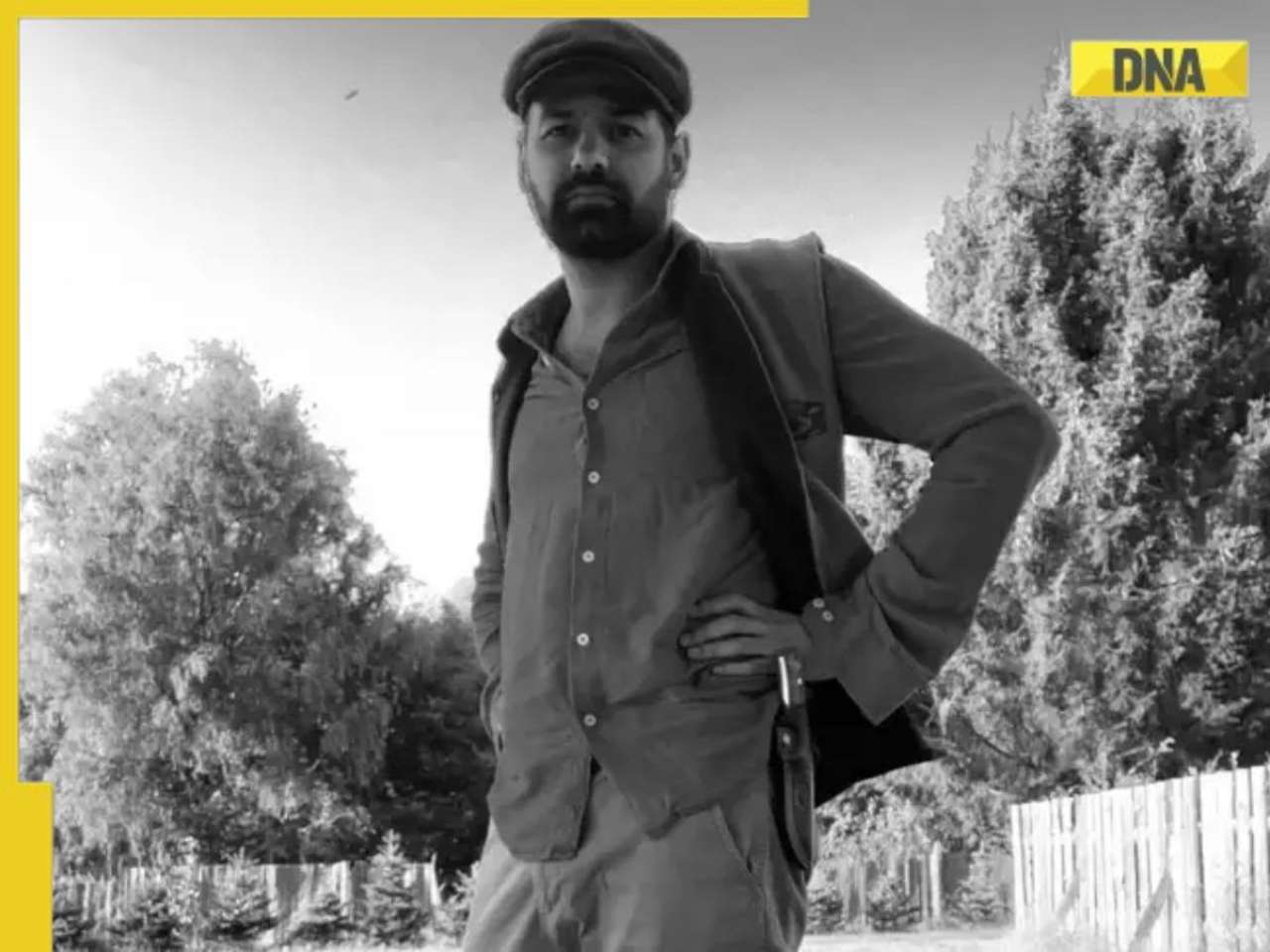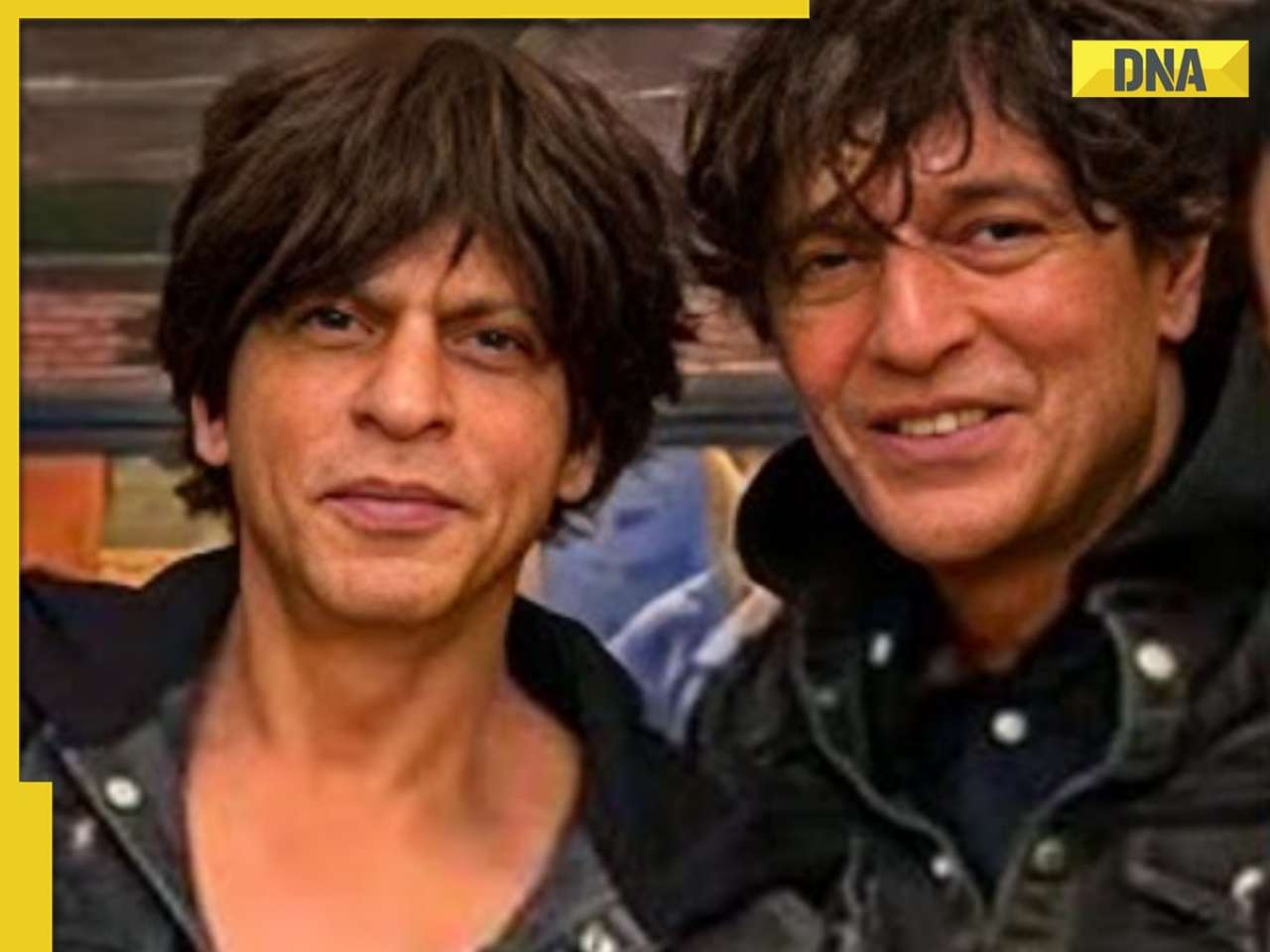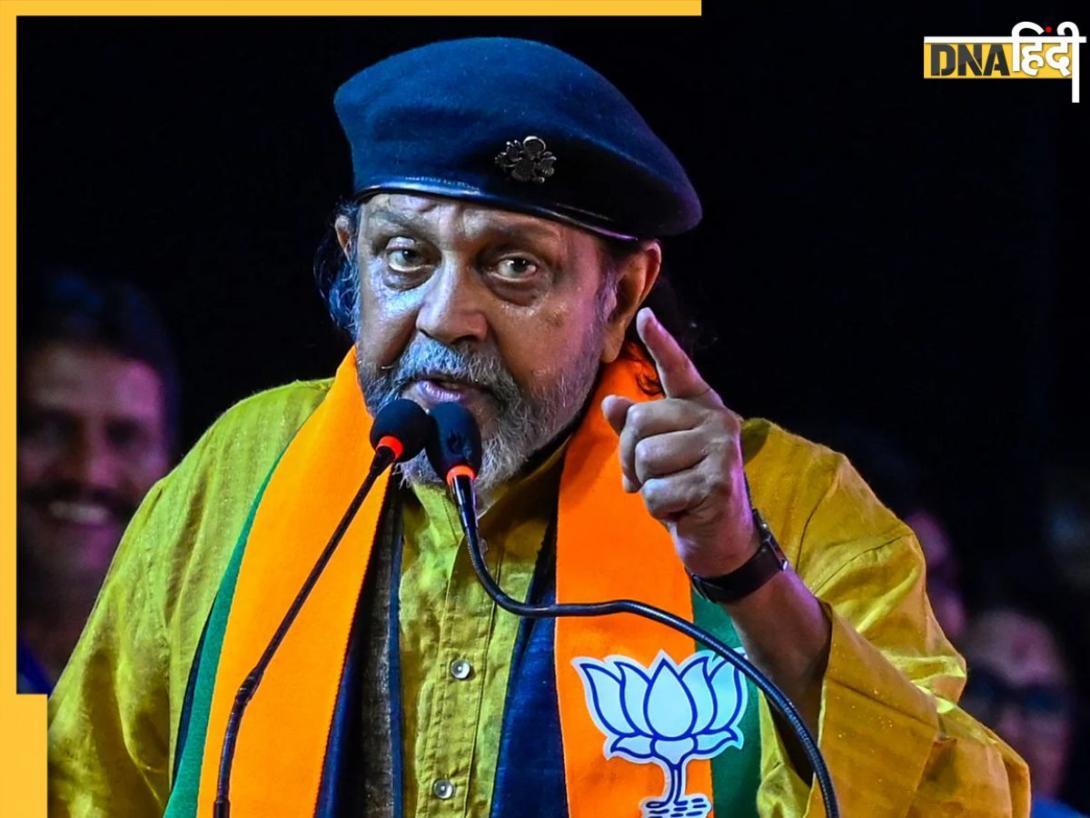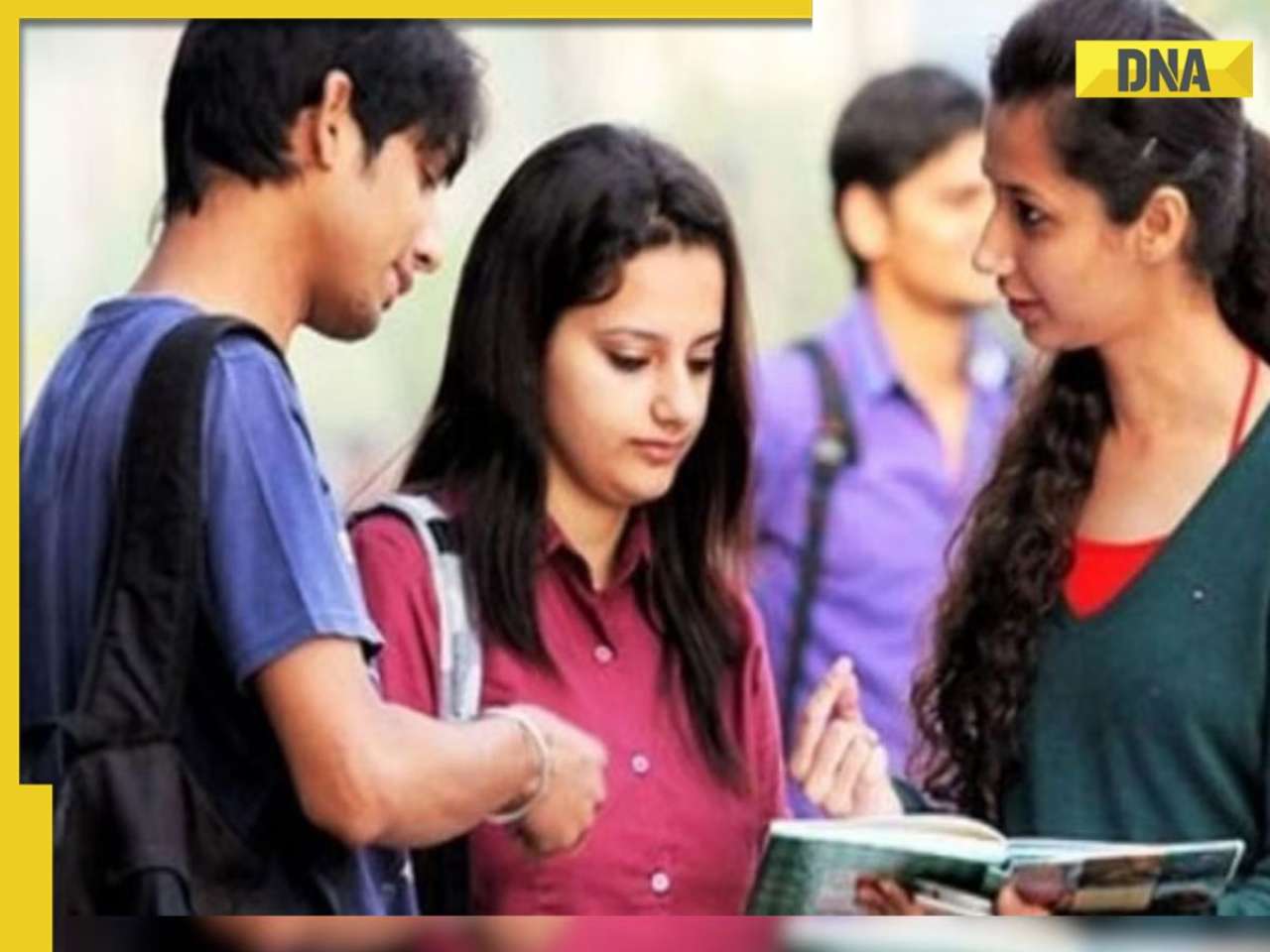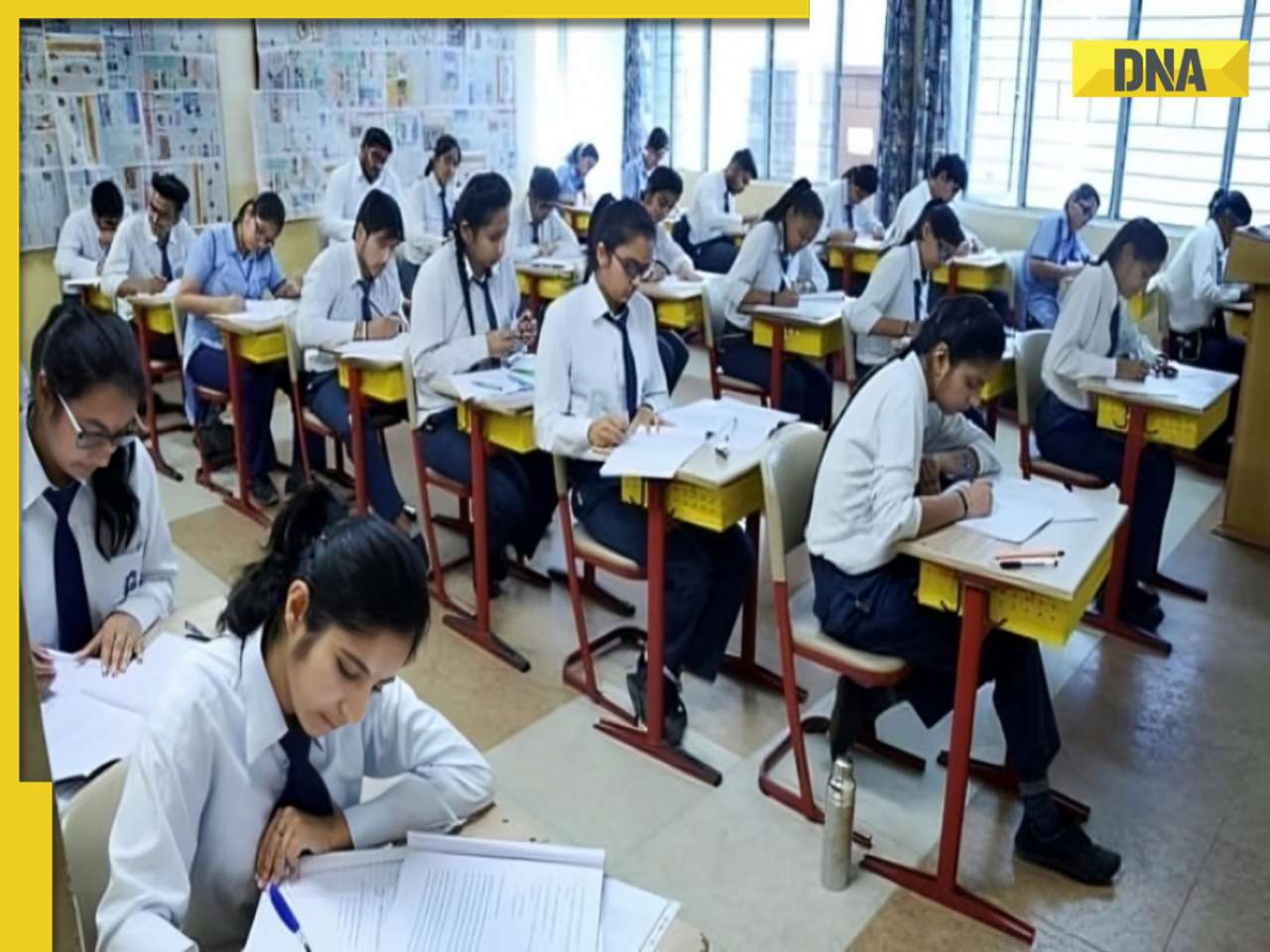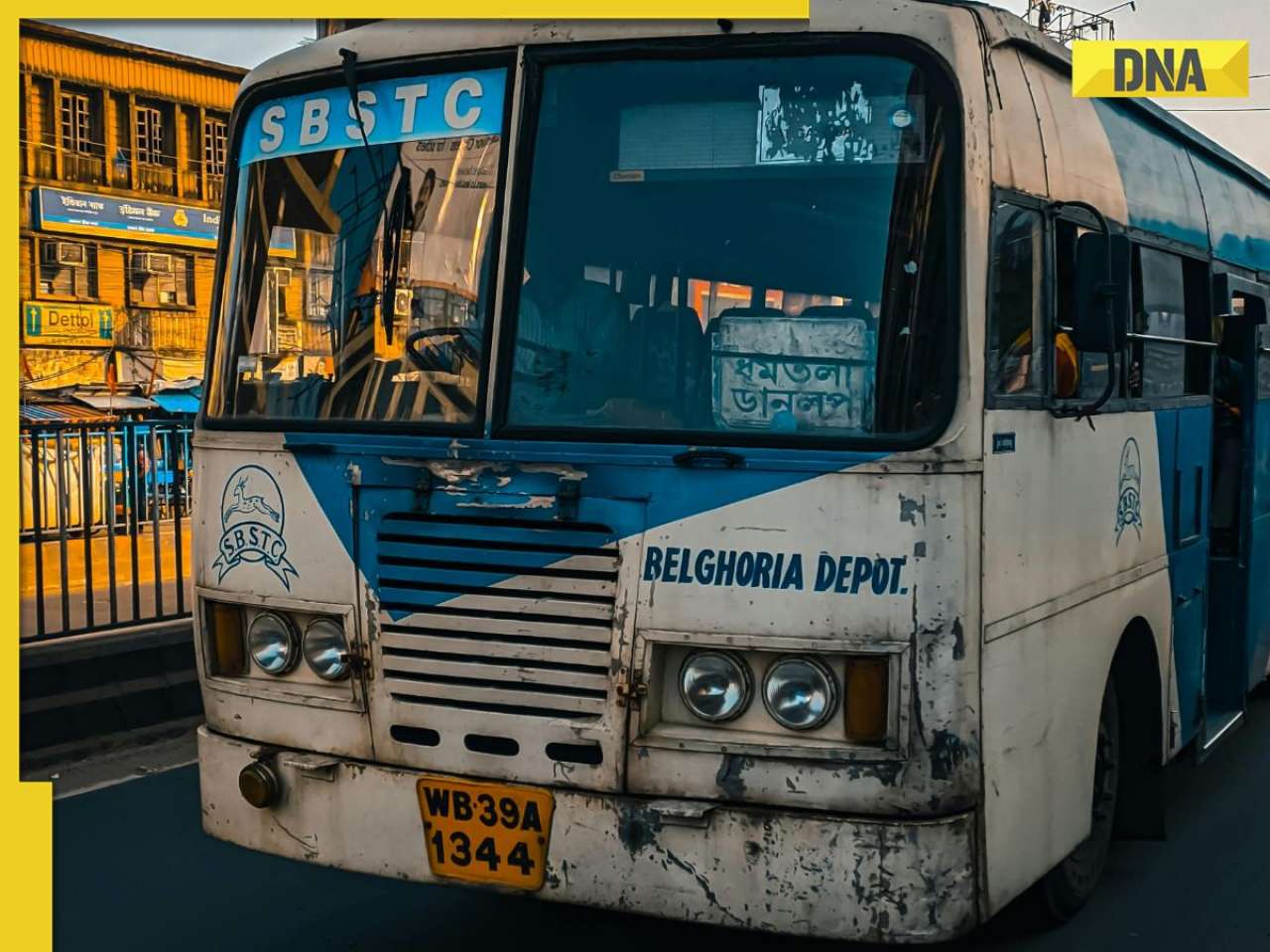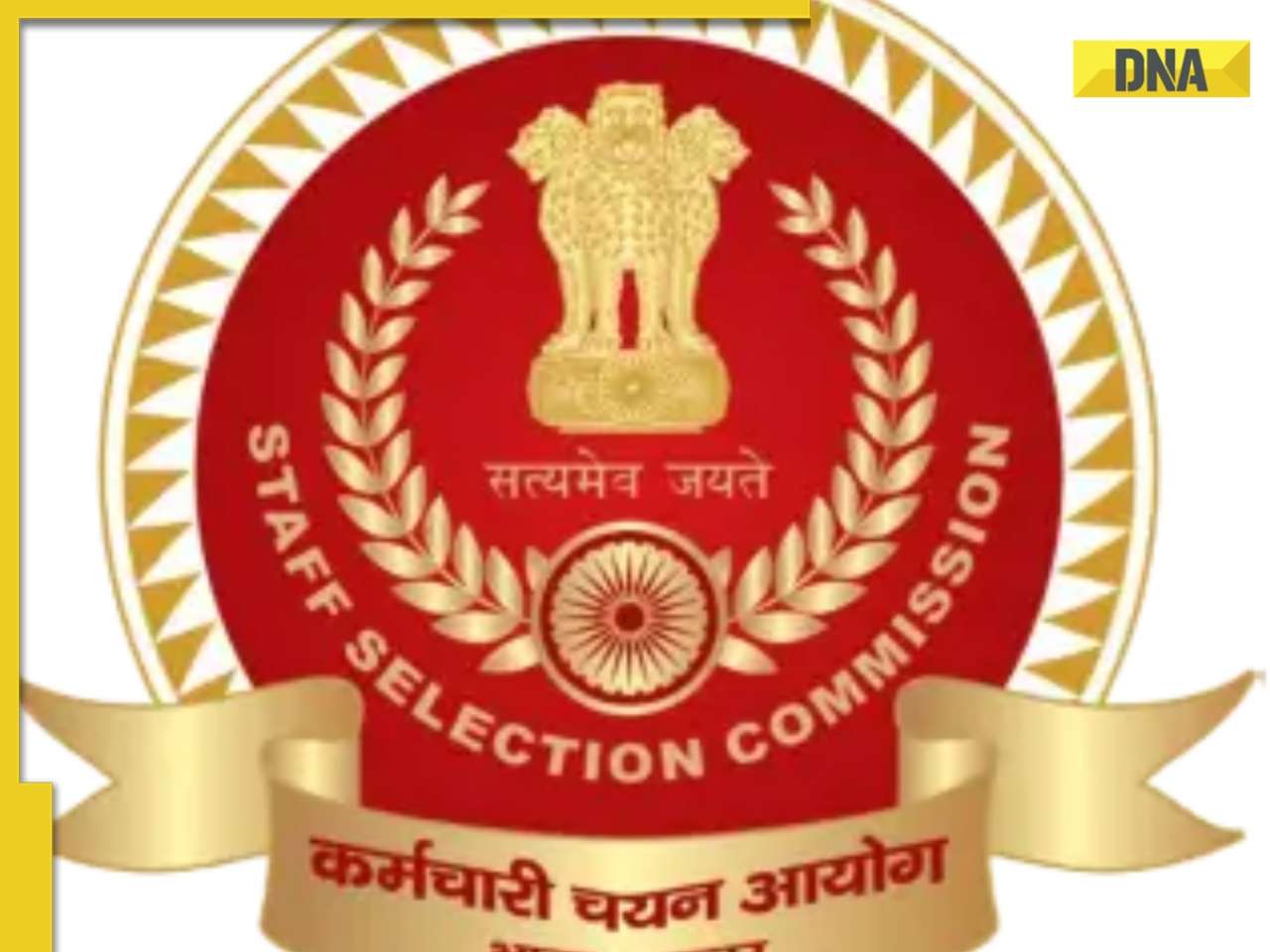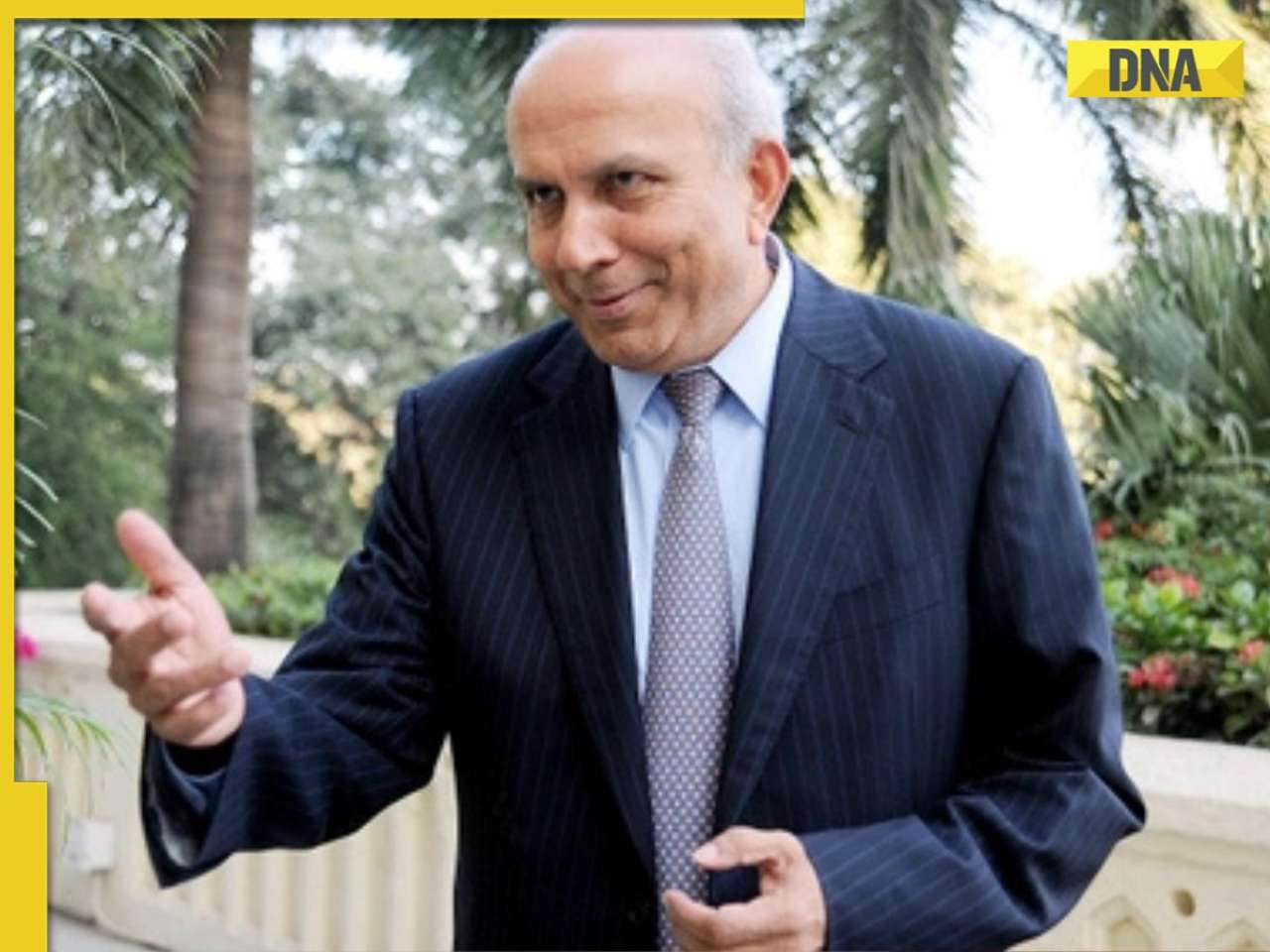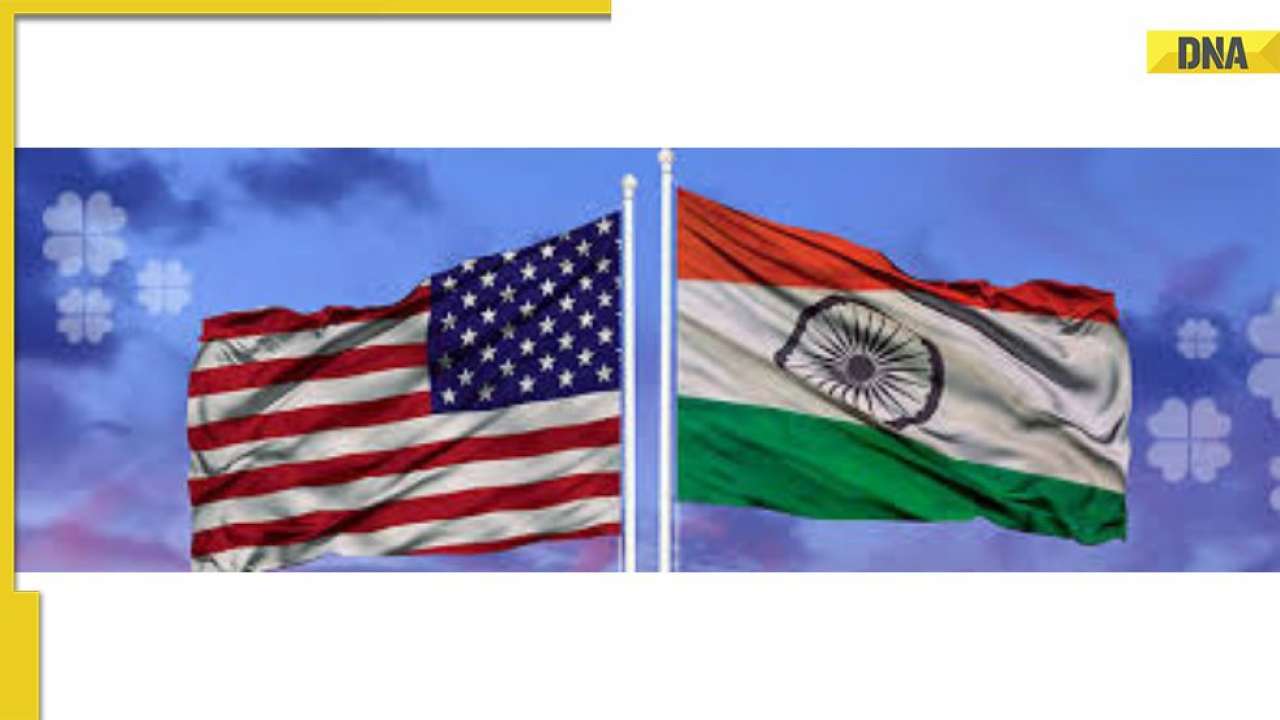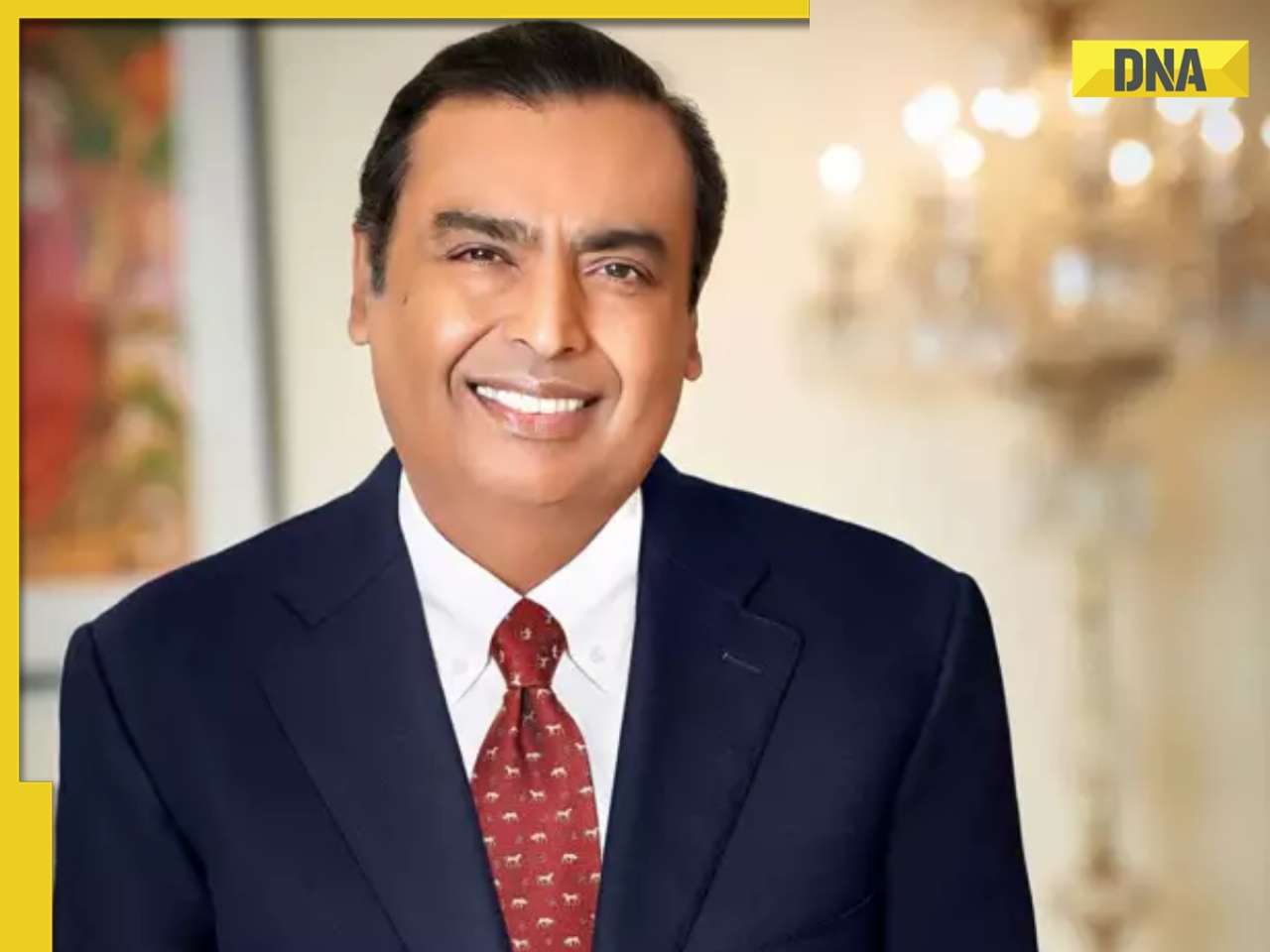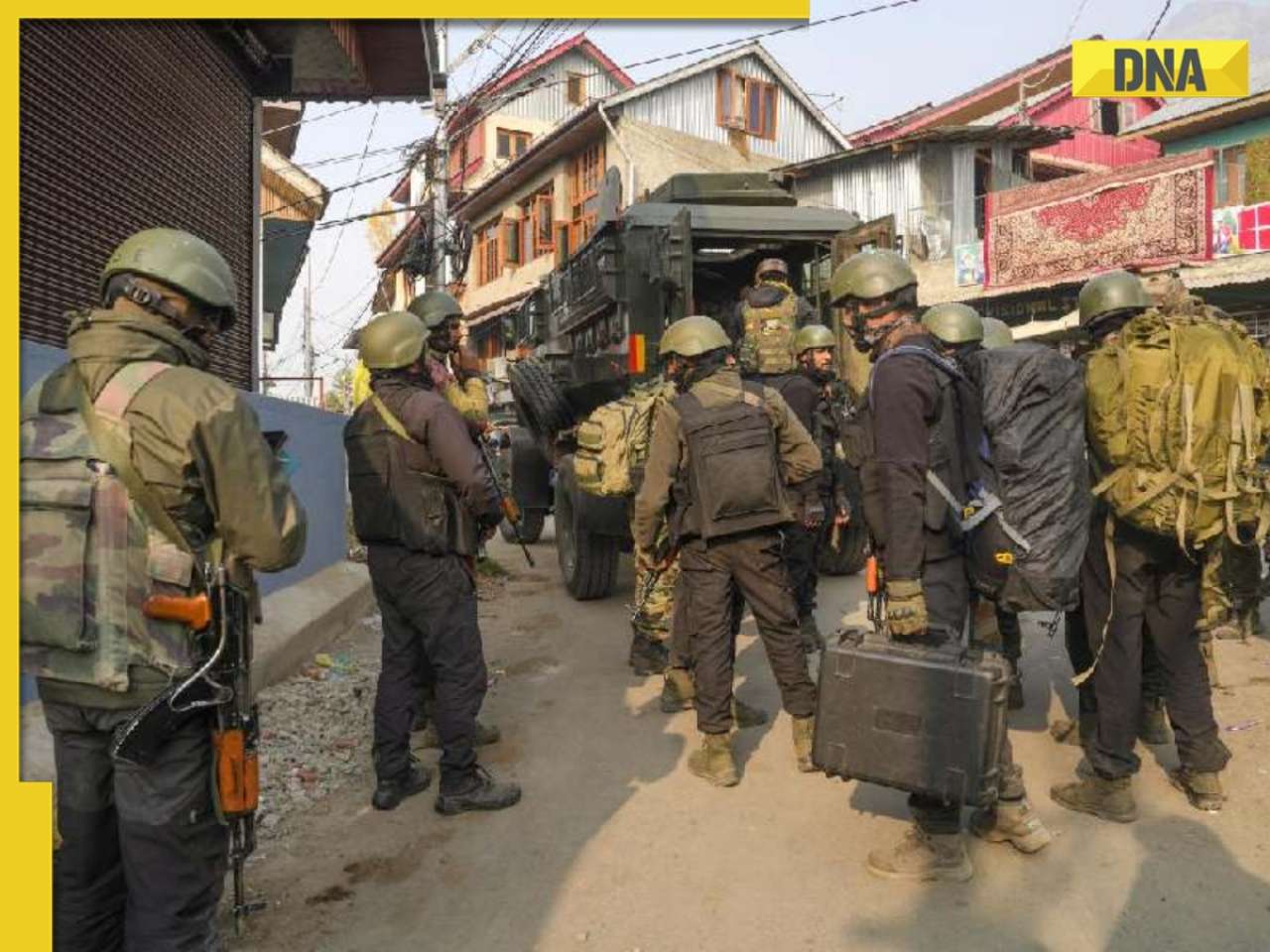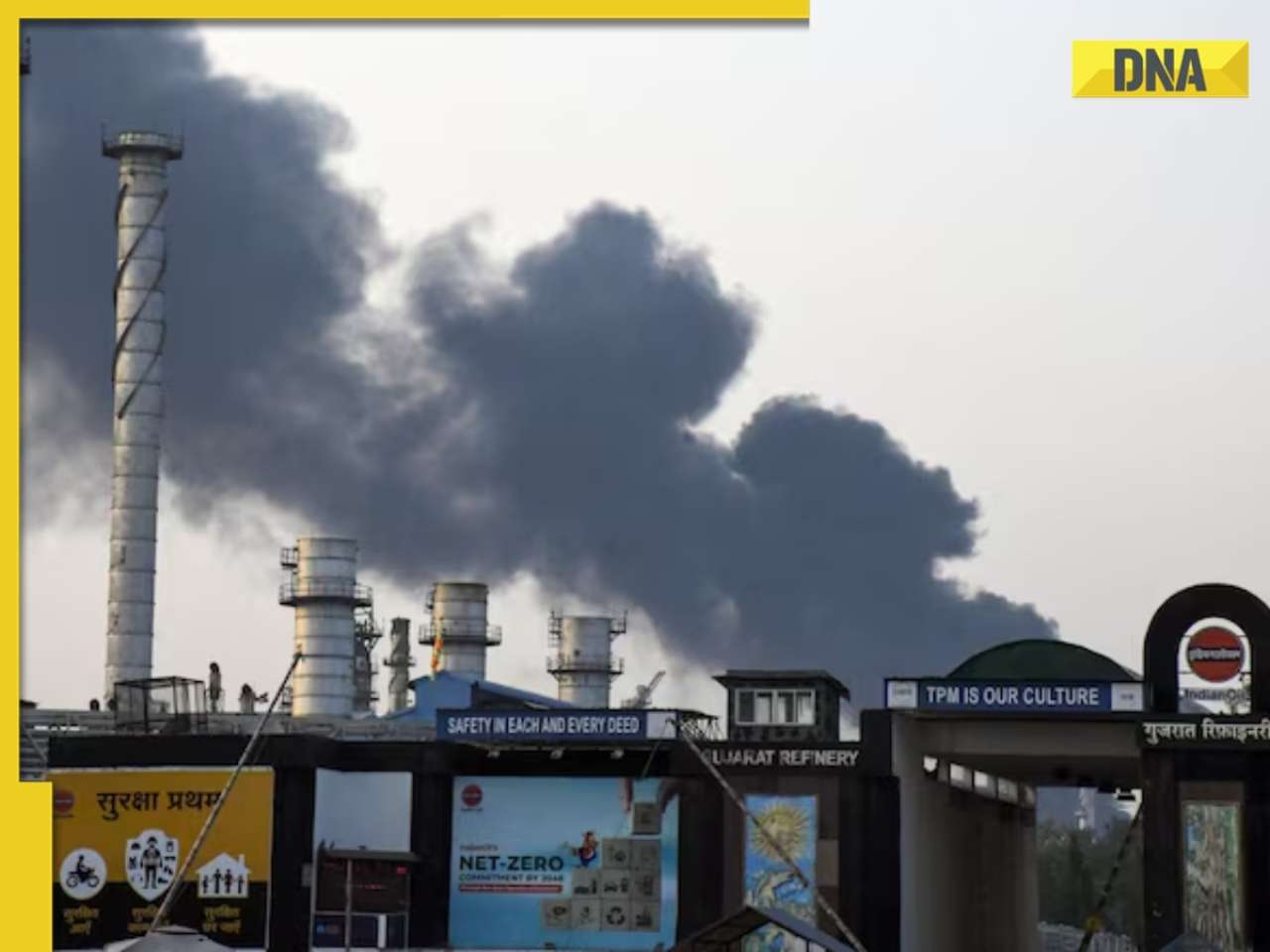- LATEST
- WEBSTORY
- TRENDING
BUSINESS
We are preparing for time when oil prices will rise, says SpiceJet's Ajay Singh
SpiceJet Ltd chairman and managing director Ajay Singh took a battered ModiLuft and reinvented it into a sparkling new budget carrier in 2005, only to walk away after creating wealth from it.
TRENDING NOW
You could call him a crisis buster, SpiceJet Ltd chairman and managing director Ajay Singh took a battered ModiLuft and reinvented it into a sparkling new budget carrier in 2005, only to walk away after creating wealth from it. In 2014, he stepped in again to save SpiceJet from crashing. Singh believes that even though they have achieved a lot in the last one year, there's still more to be done. He tells Praveena Sharma that they need to set the company on a growth path for the next several years by bringing down structural costs, lease cost, maintenance cost and prepare for a time when oil prices will not be as benign as they are today.
Q. A year after it almost shut down, would you say SpiceJet is finally airborne or is there more to be done?
A. What we have achieved so far is very significant for an airline that shut operation on December 16 last year. We have regained consumer confidence; our load factor has been in excess of 90% for the last seven months, which clearly shows that passengers are back. The fact is that we have increased revenues. We have massively increased our on-time-performance (OTP). We have not just filled our planes, but have many more in the air. We have better utilisation of fleet and a much stronger morale within the organisation. We have infused confidence in our creditors, suppliers and (aircraft) manufacturers. In financial terms, we have had three straight quarters of profit and continue to be on the path of profitable growth. We are in a place where we are looking at ordering new aircraft. So, in many ways, we have achieved significantly in the last twelve months but clearly there is a lot more to be done. We need to set the company on a growth path for the next several years to order planes. We need to bring down structural costs, lease cost, maintenance cost and prepare for a time when oil prices will not be as benign as they are today. At such a time, we need to make sure that the company still makes profit. So, those pieces need to be done over the next several months. So, clearly it's a job well begun but half done.
Q. What was the biggest challenge when you took over SpiceJet from Kalanithi Maran? How did you tackle it?
A. The biggest issue was confidence. On December 16, all SpiceJet flights had been withdrawn. When that happens, it is very difficult for consumers to trust that airline again and buy its ticket. You don't know whether the airline will fly tomorrow. So, the biggest issue was battered confidence of not just consumers but also other stakeholders – the confidence of creditors and lessors, who had not been paid for a long periods of time – making them believe that you will pay them at some point in future. Will the agents and trade really trust you? There was a sense of despair (among them) after what happened to Kingfisher. So, it was important to convey that we were not going to become another Kingfisher.
Q. How did you regain the trust of all the stakeholders?
A. I was fortunate that people had confidence in me because of my past reputation, when I had started SpiceJet in 2005. Also, it seemed that nobody wanted to see the airline die. The consumers didn't want it because their options would narrow and the fares would go up. The one day when the airline went down, fares went up 50-60%. The trade definitely didn't want to see that there were fewer players as it would have put them under a lot of pressure. Plane manufacturers as well, but most importantly, people at SpiceJet wanted to see it survive and worked very passionately to get the brand where it was. It was a well-loved brand across the country. Even the media supported SpiceJet and me. The government also did not want it to collapse because that would have been very bad not only for the aviation sector and future investment, but it would have also sent the wrong message about the economy. There was a new government, which had been elected on the plank of growth. Airline failures are extremely visible. It's like an air crash which becomes known across the world. The government did not want another Kingfisher. So, there was a great deal of support from all quarters.
Q. Would it have been possible for you to turnaround the airline without the government's support?
A. The government support was primarily moral. Ultimately, they can't do much. Physically, what can they do? For example, would they give credit for fuel? How would they really tangibly help? There was no tangible help but there was moral support. They said we want you to succeed, we are standing by you. The message was that they were not going to, at least, play a negative role in this whole exercise. That was of tremendous help, no question about it. But I think it's the every little piece of it which just came together that helped me. The manufacturers, creditors, consumers, SpiceJet employees… say if the media had turned against Spicejet, just like they had done with Kingfisher, and had attacked the hell out of it, then it would have been tougher.
Q. Creditors are back at the doors of SpiceJet. Has the time given to them lapsed?
A. Creditors are the happiest soul in all this. In India, what happens is when a company goes down it becomes very difficult to recover dues. Proceedings of bankruptcy are very painful as you have seen in the case of Kingfisher and many other companies. The first challenge was with the lessors who wanted to get back their planes and had filed various proceedings in courts. Over time, all cases have been withdrawn. We have arrived at settlements with pretty much everyone. Two or three are still outstanding, but dialogue with them is on. We inherited liabilities of Rs 2,200 crore, which are down to Rs 900 crore. We have paid significant amount of money to whom SpiceJet owed dues including AAI (Airports Authority of India). They would have lost all their money. Now, there is a situation that we have halved their dues in the last one year. Today, AAI dues are a little over Rs125 crore. If we pay it on a daily basis along with our regular charges, we are gradually paring down the dues. They (AAI) are getting paid some percentage of their dues, without fail, from January on a daily basis.
Q. How much of the dues are being paid daily?
A. We need to pay them Rs 1.10 crore daily but we are paying them around Rs 1.50 crore. So, we are reducing the AAI dues by Rs 40 lakh a day, which is a very happy thing for everybody.
Q. How much time before all their dues are cleared?
A. There are some claims that we also have against them, for which we are talking to them separately. In another one year or so, we would have totally squared off all the dues and claims. We are doing well and have positive cash flows. It is a debt owed to them (AAI) and we will pay them honourably. What has helped is that creditors have accepted that we will behave honourably. They know we will try and find settlements with them and that SpiceJet will not run away from its liabilities. I am not saying that just because there was some other owner (Maran) this is not my liability. I am finding a way to settle everybody's dues. So, it has gone very well on the creditor front.
Q. Some say aviation policies in our country have till now been drafted to suit certain players (like the 5/20 rule, where an airline needs to be five-year-old and own 20 aircraft to become eligible to fly abroad, is said to be made for the benefit of Air India and Jet Airways)...
A. Firstly, any policy needs to be for the country and not for any particular player. India has a historic opportunity of being a leading aviation superpower in the world and we must not let go of that opportunity. The policies that we make today need to be designed to make that a reality. The focus of the current draft (new aviation) policy is on regional connectivity and encouraging maintenance, repair and overhaul (MRO) operations in the country, which will help us save cost and create jobs. So, the policy correctly addresses these issues. It also correctly tries to address the issue of cargo hub within the country. So, there are lots of very good pieces of the new policy.The policy needs to be looked at in totality. Unfortunately, the focus of a lot of the media seems to be on 5/20 rule. Having said that, the situation is a little different today. We have allowed 49% foreign equity holding in airlines in India. This has been done so that the effective management and control of the companies is with Indian shareholders. Unfortunately, what has happened is that while on paper foreign firms are 49% equity, in reality they have the management and control of those companies. The situation is that there is nothing to stop these foreign carriers from getting bilateral rights from their country and from India as well and creating monopolies on foreign routes. That's going to happen with way the things are going. What will protect us (from monopolies being created on certain routes) is the 5/20 rule. As long as there is a level playing field, you can remove it.
Q. Do you think India has the capability to start manufacturing commercial planes?
A. It would be very difficult. But, the point is that eventually we have to start moving down that path. Today, of the Bric countries, the only country that doesn't have aircraft manufacturing is India. To put a manufacturing facility here would be a great credit to the whole 'Make in India' programme. We should leverage our domestic market, which is the fastest growing aviation market in the world with 20% annual growth in air passengers.
Q. You were one of the early players in the budget airline space in India. How has it evolved over time?
A. Firstly, it has become very clear that a vast majority of market is going to be low-cost. When we started in 2005, we were told that there is no space for low-cost airlines in this country and that it would never grow. It has grown from around 15% then to around 75% today. So, airlines like us have shown that growth can be stimulated with lower fares. Like telecom sector, as soon as you started bringing down the tariff, the market exploded. I think that growth can further increase as a consequence of regional connectivity policy. But the stimulation of growth should be done in a profitable way, and for this, we need to constantly work on bringing down costs.
Q. Would you say that Indian airlines have got the model right for profitable growth?
A. It's a continuous process where you have to keep refining it (model) and keep trying to lower cost.
Q. Would you say IndiGo has got it right? Its cost per available seat kilometre (CASK) is comparable to the most efficient budget carriers in the world like Ryan and Southwest…?
A. IndiGo has done a fabulous job in what they do.
Q. Why couldn't SpiceJet do it?
A. SpiceJet has same parameters as IndiGo. It (IndiGo) has an additional element of huge aircraft order. Aircraft trading has resulted in significant profits for them. Other than that, in terms of profit, costs and all other aspects, we are on par.
Q. Is the aviation sector ripe for a shakeout or consolidation?
A. In any space, some people will get the (operational) model right and some may not, and there will be a churning when people don't get it right. They will either shut down or merge. The market will determine the models. But, ultimately, more and more people will tend to get it more right because there is a learning process.
Q. Is there less of churning happening now?
A. Yes. People tend to learn. They have understood that this is not a business which you run for profile or fun. It's a serious business. It needs to be run to make money. With what has happened in the past (read Kingfisher, Air Deccan, ModiLuft and East-West), Indian aviation people have realised that you just can't get in there and burn money. If you don't have a plan, you will burn money.
Q. Do you think aviation space is getting a little crowded or is there still space for more?
A. Today, just 2% of Indians are flying. This market is poised to grow. In terms of total number of commercial planes, there are just 400 of them, which is very low compared with China or any other similar developing country. Therefore, there is a lot of space. As we have more infrastructure, there will be space for many more planes. Now, whether there are multiple players who bring the planes or there are fewer players who bring in many planes, there is certainly space for a great deal of growth.
Q. What is your vision for SpiceJet?
A. It's the same vision that we had when we started off in 2015 – that is to ensure that we provide services on time and at a reasonable cost in a clean and safe plane. We need to do this profitably. For this, you need to ensure that you bring your cost of operations down.
Q. How much market share do you expect to have in the next one year?
A. I am not stressed about the market share. I want to create a reliable and profitable airline that everybody is happy to travel by. Market share is a very transient thing. It is even more transient in aviation sector. You can increase your market share by diluting your fares, but the moment you raise them, it (market share) goes away.
Q. Was that what was happening during Maran's time? Were they chasing market share?
A. I think for a period of time, they certainly were (going after market share) and it's clear that fares were diluted an extent where losses accumulated. There seemed to be a bit of a chase for market. From our experience of this industry, it is clear that's not tenable in the long run. And while we have gained market share this year, it has been done profitably.
Q. Have you been able to shake off the culture that Marans had brought into the airline?
A. I wouldn't say they brought anything negative into the airline. It's just that they had never run an airline business before and so it was difficult for them and the environment was also against them. Right now, the mood at SpiceJet is extremely positive and people are pumped up. It's also that success improves morale. The continuing success is boosting the morale and confidence at SpiceJet.
Q. Have you been able to find a suitable investor for the airline?
A. We are more than sufficiently funded. We have strong positive cash flows at this point. There has been a great deal of investor interest – both from financial and strategic investors – but this is not an appropriate time to dilute equity. We are in a strong growth path. We will find an appropriate time, if at all, to get fresh investment. At this time, it doesn't seem it is really required.
Q. Wouldn't you require funds for aircraft order?
A. There are several ways to finance aircraft orders. We are sufficiently capable of funding those aircraft orders from internal accruals and the arrangement that are possible, short of diluting equity.
Q. What are your plans for the order?
A. We are going to place aircraft order soon. We are working on it, but ultimately, it has to be done on right terms and at the right price. We would like to do it soon but we don't have a specific date in mind.
Q. You been talking to both Airbus and Boeing manufacturers while you have a Boeing fleet. Wouldn't keeping two aircraft type increase your operational cost?
A. At the end of the day, there will be single aircraft type. If we order Airbus aircraft, then we will replace all Boeings with Airbus. If not, then, we will have all Boeings. We have a small enough fleet to be able to consider both (aircraft type) options.
Q. Will Bombardier's narrow-bodied Q400 stay?
A. There is a great deal of value in regional connectivity. For that, whether we will keep Q400 or replace them with ATR or Embraer depends on the deal we get.

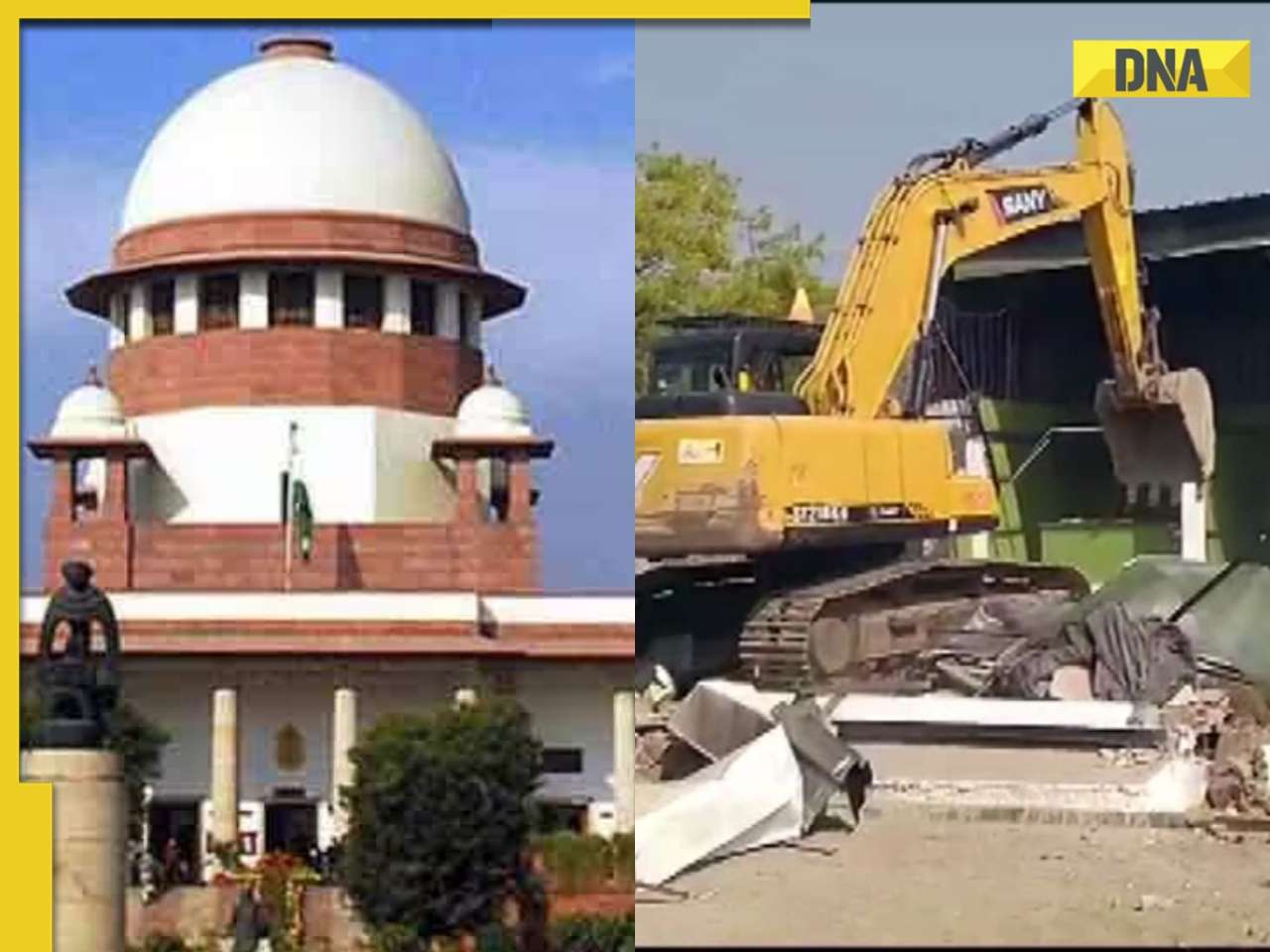





)
)
)
)
)
)
)
)
)
)
)
)
)
)
)
)





